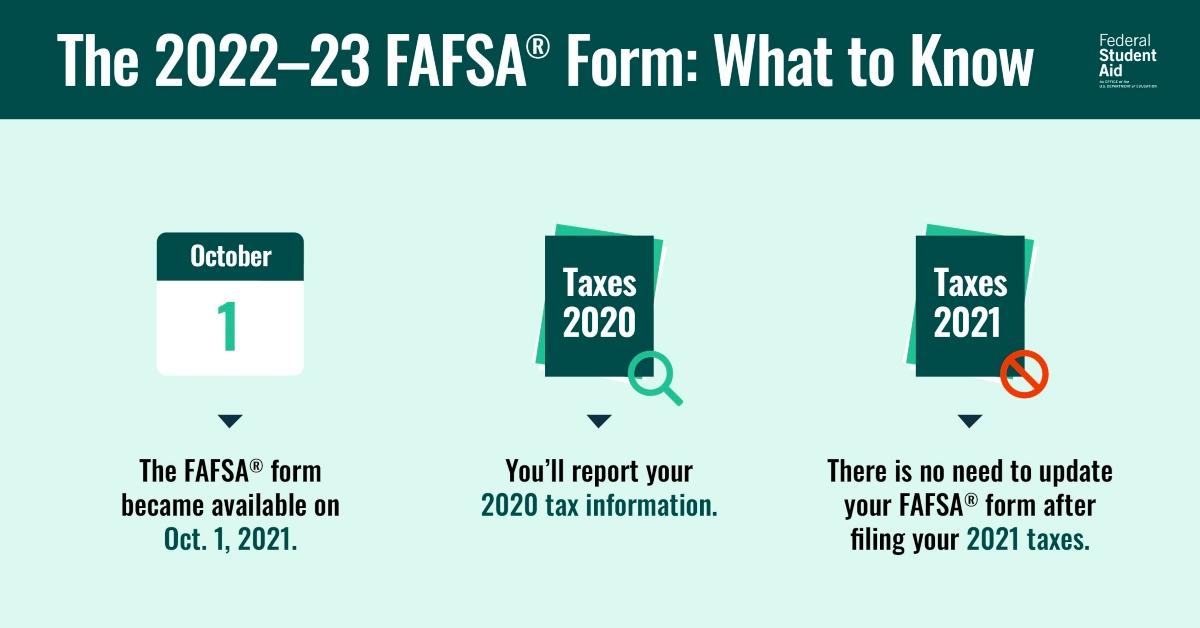How Do FAFSA Parent PLUS Loans Work and Should You Apply for One?
The FAFSA Parent PLUS loan is a federal direct student loan available to parents of undergraduate students who are financially dependent on them.
Oct. 4 2021, Published 1:41 p.m. ET

Many parents want their kids to go to college, but no one wants to see their loved ones burdened with massive student loan debt. Tuition expenses have risen consistently over the years, and parents are stepping in to help cover the costs.
The FAFSA (Free Application for Federal Student Aid) Parent Plus loans are federal student loans that are issued directly to parents. These loans have no limits when it comes to borrowing. Here’s what you need to know about the Parent PLUS loans.
How the FAFSA Parent PLUS loan works
To get a Parent PLUS loan, you or your child must fill out the FAFSA. Then, you should contact the school for their individual procedures. Most schools will need you to apply for a Parent PLUS loan through studentaid.gov. Parent Plus loans are available for up to the entire cost of attendance minus any other financial aid obtained by the student. The most important thing to note about the Parent PLUS loan is that the loan is repaid by the parent, not the student.
While proof of income is required for approval of a private loan, it isn’t required for a Parent PLUS loan. Borrowers can’t transfer the Parent PLUS loan balance to a student through the federal student loan program. Also, Parent Plus loans have a few federal projections like deferment and forbearance.

Parent PLUS loans are one of the most expensive federal loan types. For the 2021–2022 school year, they have an interest rate of 6.28 percent plus an origination fee of 4.228 percent. To compare, federal direct undergraduate student loans have an interest rate of 3.73 percent. Over the past seven years, the Parent PLUS loan has increased by 67 percent to $103.6 billion from $62.2 billion compared to a 39 percent increase in undergraduate student loans.
FAFSA’s Parent PLUS loan eligibility
If you meet the following criteria, you might be eligible for a Parent PLUS loan:
- You don’t have a poor credit history. This includes negative credit records like tax liens and payments that are 90-days late.
- The loan is only available to parents, including adoptive stepparents. Even if you're legally responsible for a kid, you can't receive a Parent PLUS loan if you're a grandparent or guardian.
- The child must be a dependent undergraduate student who is enrolled at least half-time in a Title IV school.
- You and your child must fulfill basic eligibility conditions for federal loans, including being a U.S. citizen or a qualified non-citizen with a valid Social Security number.
Options if you're denied a Parent PLUS loan
If you’re denied a FAFSA Parent loan due to credit requirements, you might be eligible if you obtain an endorser, who works similarly to a co-signer for private student loans or if you can justify an exceptional circumstance for your poor credit history. If you’re eligible for a Parent PLUS loan through either of these options, you must also complete credit counseling on the federal student loan website.

